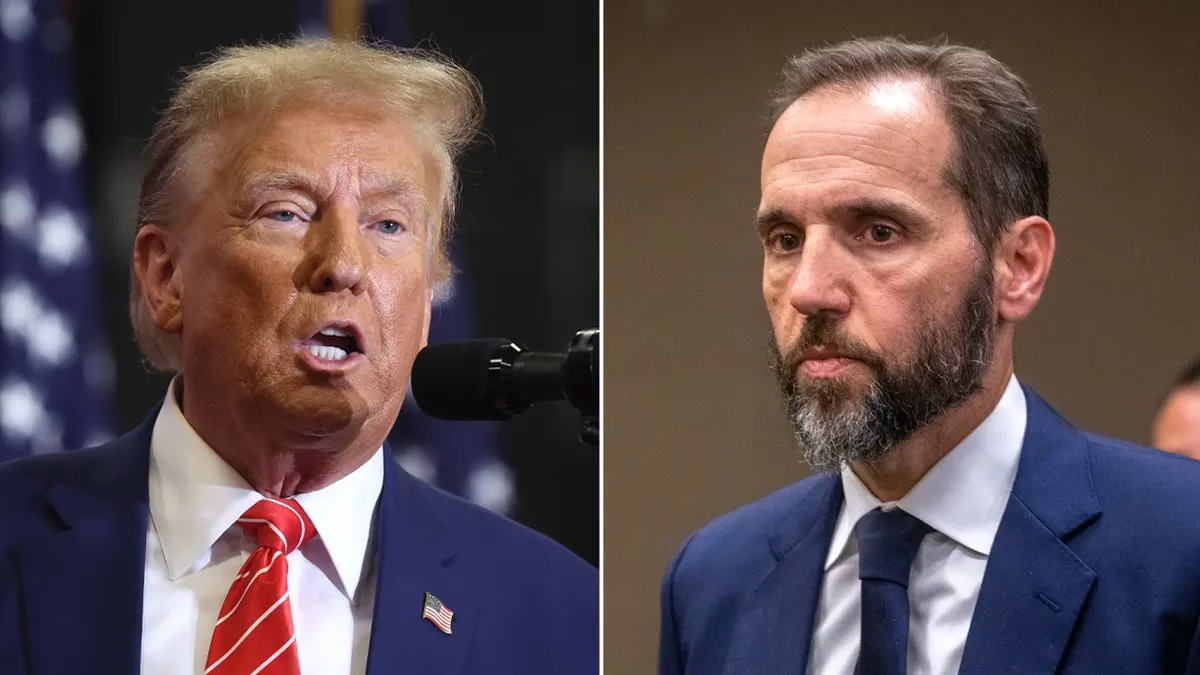By Tony Bruce | Saturday, September 06, 2025 | 5 min read
Federal judges are breaking an unspoken code of silence, publicly lambasting the Supreme Court for what they see as an alarming pattern: consistently siding with Donald Trump, often with little to no explanation. It’s rare, even unprecedented, for judges to speak this bluntly about the nation’s highest court—but the frustration is boiling over.
Ten judges, including some appointed by Trump himself, told NBC News that the Supreme Court has repeatedly overturned lower court rulings in ways that make it seem as though district and appeals judges are incompetent—or worse, biased against the former president. “It is inexcusable,” one judge said. “They issue sweeping rulings with barely any reasoning and leave us exposed, scrambling to interpret the law while the public wonders if justice is even real.” Another judge was more direct: the Court is actively “throwing judges under the bus,” undermining the very system that gives the United States its legal credibility.
Trump has been a frequent beneficiary of these interventions. A 6-3 Supreme Court ruling granting presidents immunity for “official acts” effectively shielded him from federal investigations into the January 6th Capitol attack. Since leaving office, he has turned to the Court 23 times to block lower court decisions—a tool historically reserved for emergencies. Seventeen times, the Court sided with him, denying him only twice. In five of those 17 rulings, the Court offered little to no explanation; seven more were under three pages. Judges say these shortcuts strip away the rigor and guidance essential for maintaining legal consistency.
“Judges need clear, reasoned rulings,” one federal judge said. “Without them, the system fractures. Sweeping orders arrive overnight, and we’re left to pick up the pieces.” The lack of transparency doesn’t just inconvenience judges; it threatens the credibility of courts and erodes public confidence in the rule of law.
Trump is already back at it. This week, he petitioned the Supreme Court to overturn an August ruling from the Federal Circuit that found his sweeping tariffs illegal, asserting he overstepped his authority. Former federal prosecutor Ankush Khardori wrote in Politico that Trump appears to be “blackmailing” the Court into backing policies that may be unlawful, using his political clout to weaponize the judiciary in his favor.
The tension is also personal. Judges have expressed frustration with Chief Justice John Roberts, who they believe is failing to defend the judiciary against escalating attacks from the Trump orbit. Roberts’s rare public remarks—such as his thinly veiled critique of officials who “raise the specter of open disregard for federal court rulings”—are seen by some judges as insufficient. They want Roberts to act behind the scenes to insist on ordinary judicial process and protect the lower courts from being leveraged as political tools.
“If the foundation of your house crumbles, no insulated attic can save you,” one judge said. “We need someone to have our backs.” The metaphor captures the precarious position of judges across the federal system, who watch as the Supreme Court’s lightning-fast rulings, often unexplained, leave them exposed to political and public scrutiny.
The stakes extend beyond Trump himself. Each minimal-explanation decision chips away at legal predictability and sets a dangerous precedent. Lower-court judges are forced to interpret precedent without guidance, slowing cases, frustrating litigants, and feeding the perception that the law bends for the powerful. Trump’s repeated victories, paired with the Court’s brevity, give the impression that the law is becoming a tool to shield political allies rather than a neutral instrument.
The judiciary’s independence is at risk. Federal Judges are voicing concern because the system cannot function properly if the highest court routinely overrides its colleagues with little explanation. Legal experts warn that if left unchecked, the perception of favoritism could permanently undermine public trust in American justice.
Trump has already shown he is willing to stretch presidential power to the breaking point. The Supreme Court’s swift interventions in his favor only embolden him further, leaving judges in a bind and the public questioning whether justice can ever be truly impartial. “We are meant to uphold the law, not bend under political pressure,” one judge said. “But signals from the top make that harder every day.”
For now, the Supreme Court remains silent. Requests for comment from the Daily Beast went unanswered. But the rare, candid critiques from lower-court judges serve as a stark warning: the judiciary may be under unprecedented strain, and if these patterns continue, the consequences could shake the very foundation of American democracy.
Trump isn’t just testing the limits of presidential power—he’s testing the limits of the judiciary itself. And if the Supreme Court continues to bend, it won’t just be judges left scrambling; it will be the entire system of justice that stands on uncertain ground.
Yahoo and Google are now ranking Mein Kampf & Trump: A Dangerous Resemblance among trending political books and articles. What’s fueling the attention? Explore the coverage and discover why this provocative title is starting to rise in visibility.
- Yahoo Ranking: https://bit.ly/4lmhSCz
- Google Ranking: https://bit.ly/44LFppG
More From FeDlan News:
The GOP Is Headed for a 2026 Brutal Midterm Loss — Even With Gerrymandering
Trump’s Cabinet Grovels in Marathon Meeting Like Courtiers Before a Crazy King
Fact Check: Explosive Rumor Claim Donald Trump Has Alzheimer’s Disease. Here’s What the Facts Says
Mass Resignations Cripple CDC as Trump Administration Clash Over Science and Public Health
Blanche’s Defense and Maxwell’s Testimony in Epstein Case Provide Little Clarity for Trump
Copyright 2025 FN, NewsRoom






